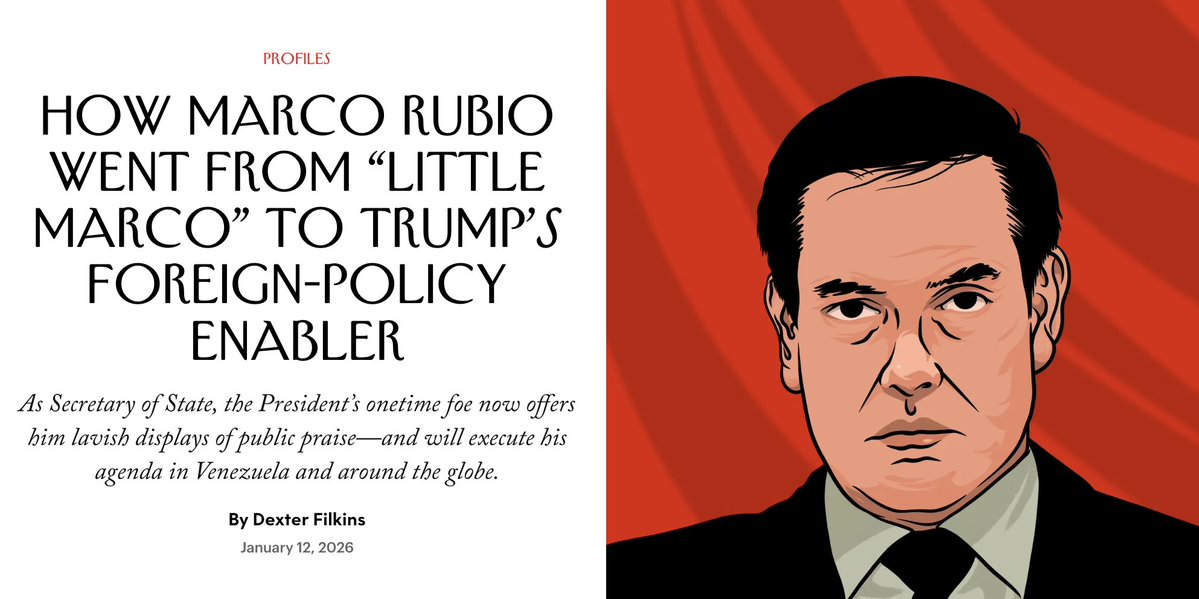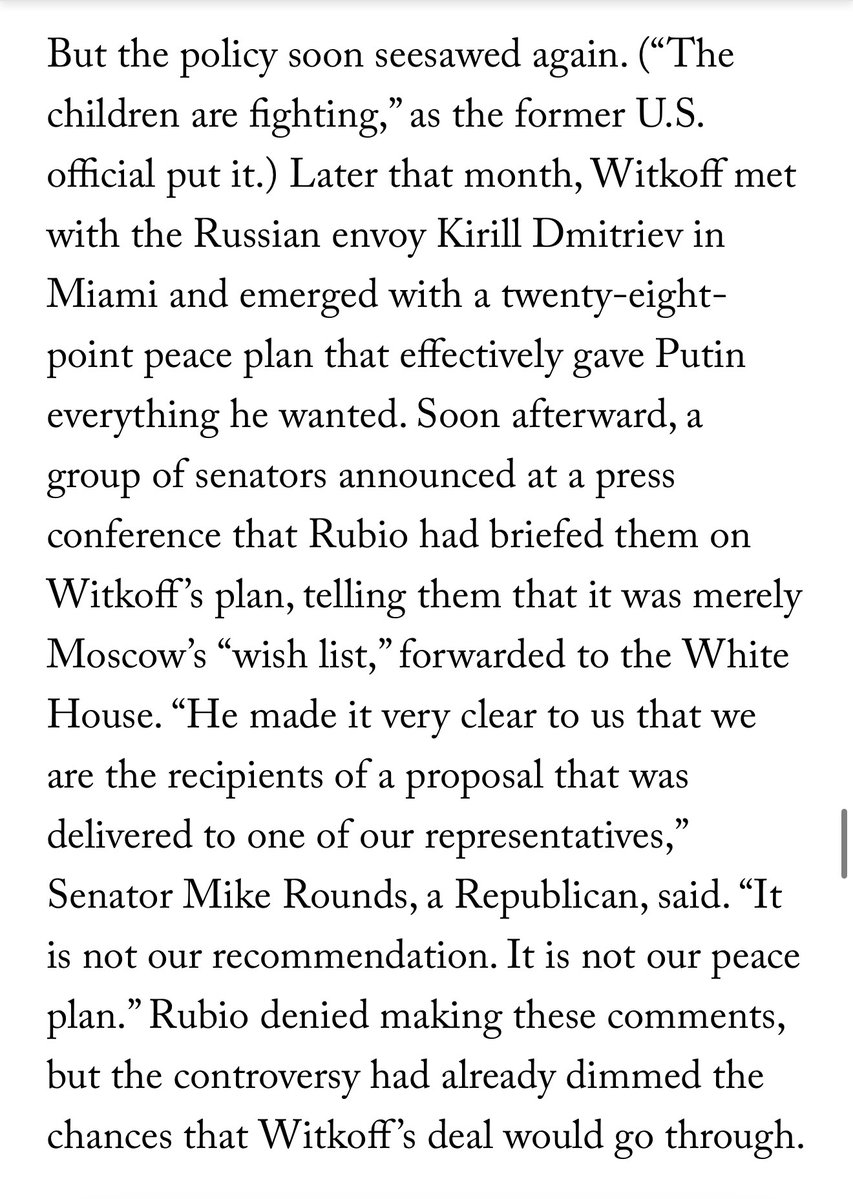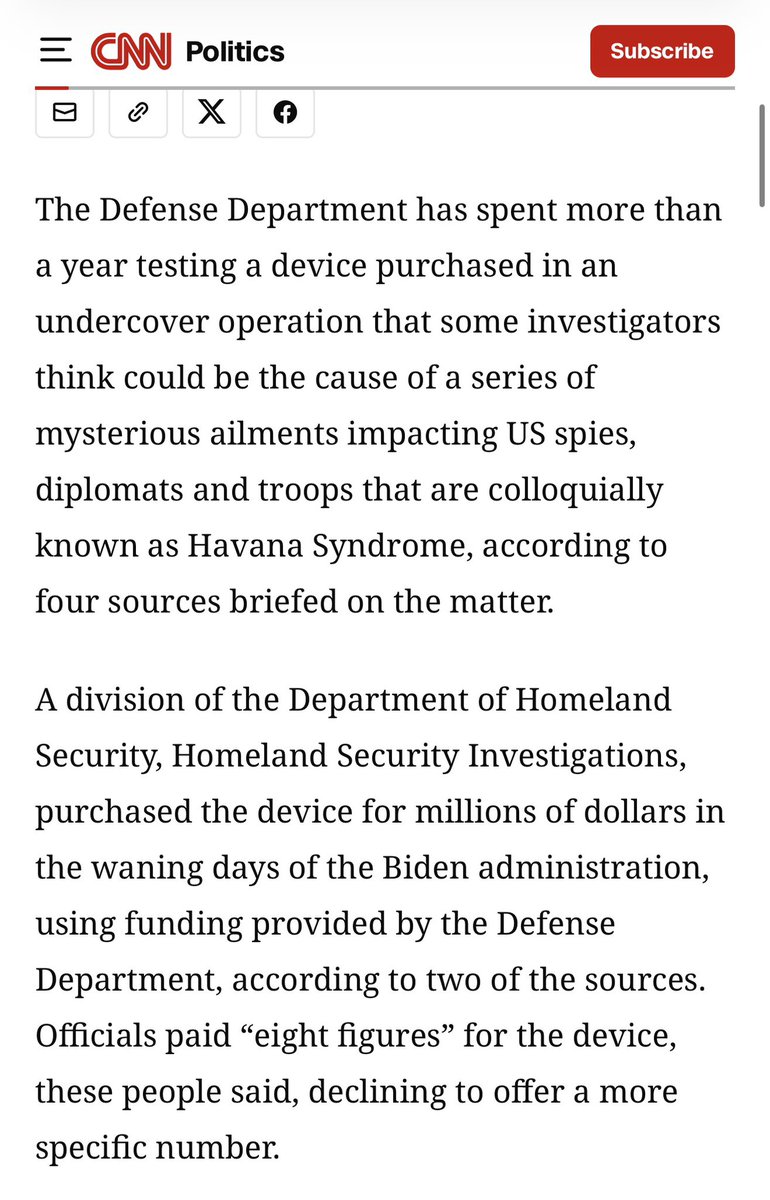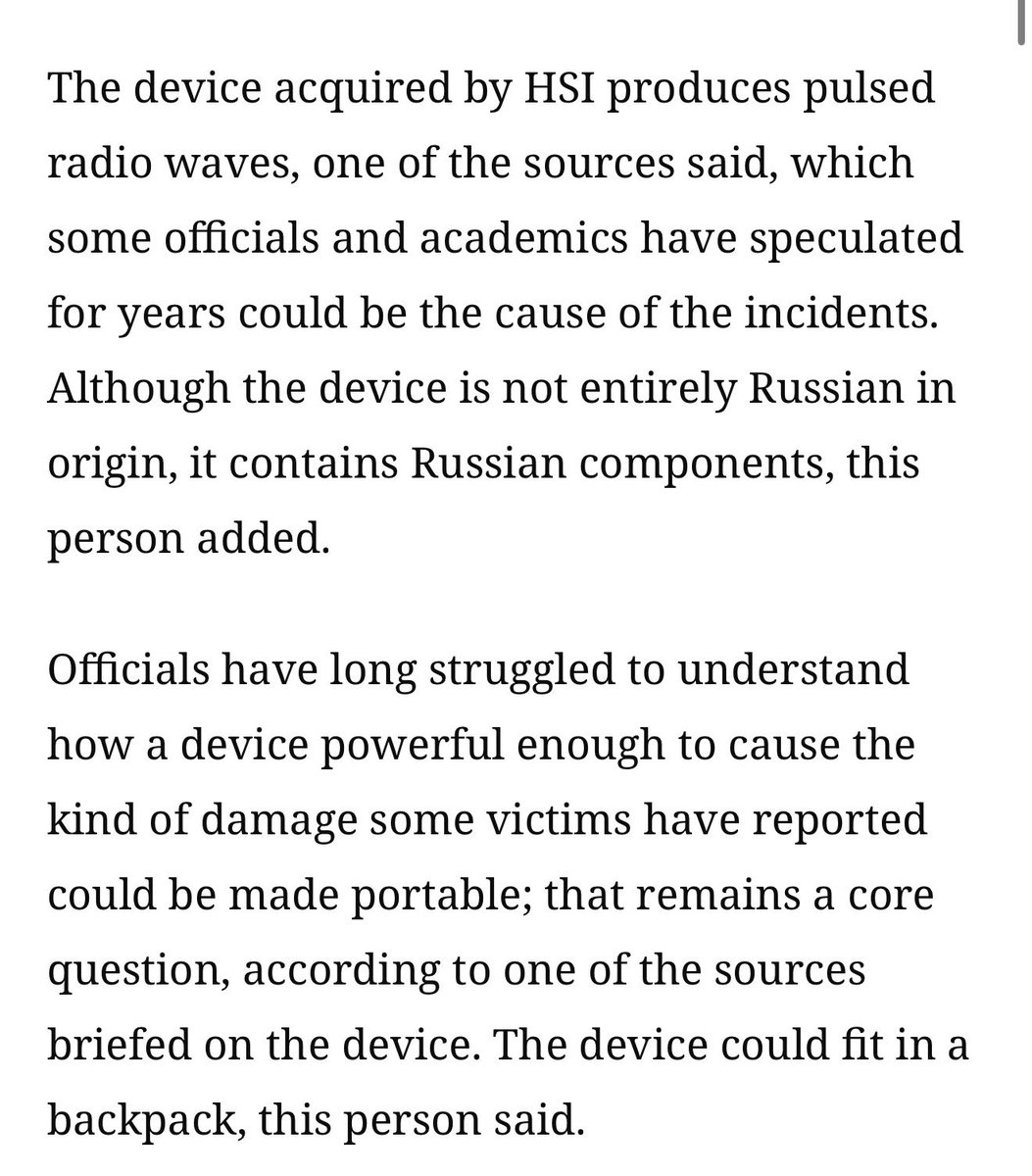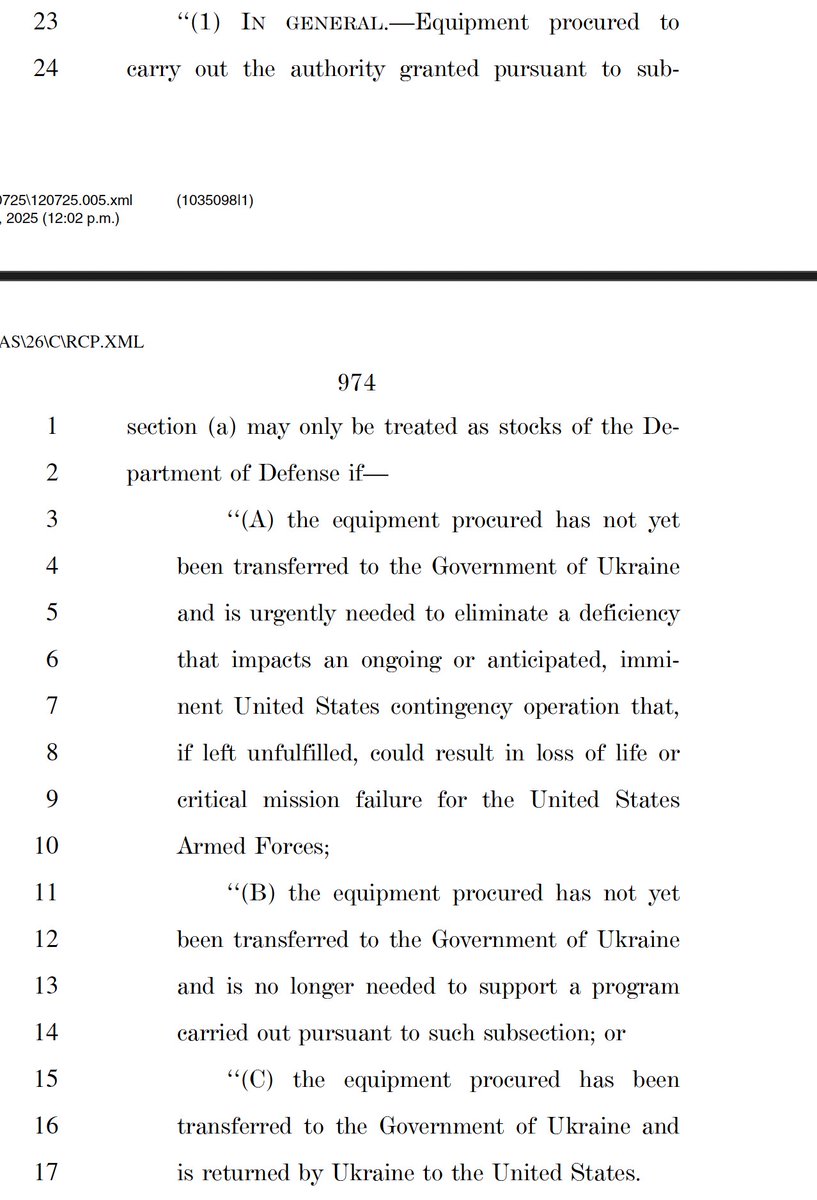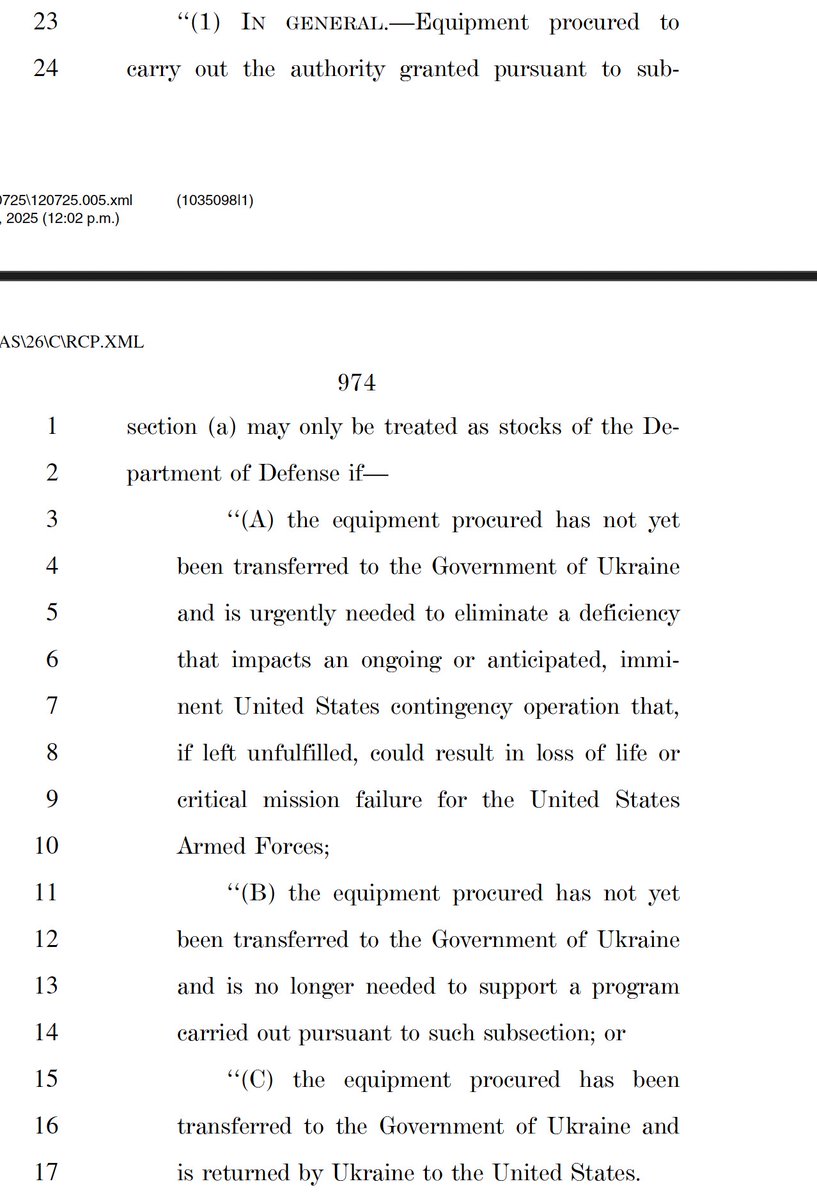🧵Another week, another thread by "Karl," @holger_r's and my Estonian whisperer. As usual, Karl offers many crucial insights.
“Russia’s offensive energy seems to be fading. Last week they lost at least 10 BTGs worth of equipment. That’s really significant. More difficult to assess how many KIAs but it can’t be good. Under these circumstances they can’t retain the offensive pace.”
“There are signs of Russian desperation. It’s not adequate for a top commander such as Gen. Valery Gerasimov [Russia's chief of the general staff] to lead units on the ground himself. It is fairly certain that he stayed there last week, Thursday through Saturday..."
"This means he wasn’t satisfied with the progress and went to take charge himself. This didn’t help at all.”
“Russia has had the most progress near Zaporizhzhia but Ukraine has now been able to stop that as well. Russian advances near Izyum, Severodonetsk and Slovyansk have been extremely minimal and have come with heavy losses.”
“Ukraine has had success in Kharkiv. The north side has been deblocked. The Russians can still shell the city only from the east. It might still have hold of the Belgorod-Izyum highway but Ukraine has the highway on artillery range. The Russian supply line is not safe.”
“Ten days ago there was a threat of the Russians’ surrounding Severodonetsk. There is no sign of anything as such happening now.”
“Russia’s massive losses, such as 40 tanks a day, still allowed them to advance only 2-3 km a day. There is no sign that they’re bringing in new units or equipment. There has been no such movement in several days.”
“Expect Ukrainian counter-offensives to scale up but I don’t want to speculate on when. In Kyiv it started 1.5 to 2 weeks after Russia’s strong offense stopped. According to that logic, there are still 1.5 weeks to go.”
“Ukrainian counter-offensives will not be so large-scale. They will need to go carefully so as not to weaken themselves so much that they’d need to retreat. We can expect counterattacks as in Kharkiv soon also in Izyum, Severodonetsk.”
“Russia’s main strength has been forcing Ukraine to leave ground with massive artillery fire. Ukraine has already received but maybe not deployed Western-supplied artillery that has a larger range than Russia’s. Ukraine will soon be able to shell Russian artillery positions.”
“Russian units in Moldova don’t have capability to change the situation in Ukraine but the risk is related to them going against Moldova. Doubtful if they could succeed even against an extremely weak Moldovan army. Doubtful, too, if Ukraine and Romania would allow it to happen.”
“It is also questionable if Transnistria’s elite would allow this. They have been able to export to the EU through Moldova and there is a certain degree of economic integration between Transnistria and Moldova.”
“Today is the anniversary of the 2014 Odessa Trade Union Building fire. No serious related provocations or terrorist acts have been recorded so far. The Ukrainian SBU has kept a close eye on this.”
“Russia’s targeting Ukraine’s infrastructure, supply lines has had an effect but the railway network in Central Ukraine is so dense, it allows rerouting. The Zatoka bridge (bombed 2 or 3 times now) isn't important militarily but it breaks Ukraine’s trade line to Romanian ports.”
“It’s noteworthy that there have been increased attacks on infrastructure and military objects inside Russia. It’s fairly certain that at least in Kursk, Belgorod and Bryansk that has been Ukraine’s work. War is reaching Russia’s homes, it’s no longer just a TV war for them.”
“Also noteworthy is Russia’s childish mistakes such as leaving the Snake Island patrol boats as open targets or Lavrov’s statement on Jews. Israel has kept a very low profile until now but such statements didn't leave them an option but to react.”
“Russia will not get a notable win before May 9. A theoretical chance that there could be an agreement that Ukrainian troops leave Mariupol before that. They would need to be able to leave with guns in hands..."
"Can Putin show this as a win if they’ve already long ago declared conquering the city?”
“It would be emotionally important for Ukraine not to let the troops still in Azovstal die in the end of hunger. Such an agreement would allow Russia to move around 3-5 BTGs. Such agreement is possible but unlikely before May 9.”
“Putin has a few very bad hands to play. He can’t afford losing the war. One option is general mobilization which would be a blow to the economy. The reserve units would need training and equipment that they don’t have. Takes a lot of time.”
“I can’t exclude that he will use a tactical nuclear weapon. The risk for him: Russia’s General Staff will tell him to fuck off. Then he’d be a dictator without an instrument of power. It would be the end for him..."
"Militarily neither of the options would make sense but would hasten the end of the war.”
“It’s unclear how bad the losses for Ukraine have been. Earlier estimates said 2,500-3,000 men. By now this can be doubled. Such losses should still be manageable for Kyiv.”
“The thing to watch out for: talks in the West about the importance of peace while not saying anything about the aggressor. Considering what Russia is doing in Ukraine, such talk is a cynical crime..."
"Peace is not the most important thing right now but chasing the aggressor out of the country is.”
/END
• • •
Missing some Tweet in this thread? You can try to
force a refresh






